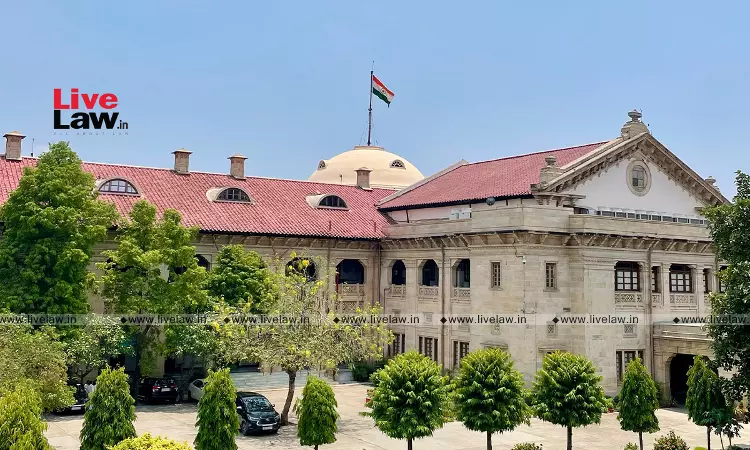Court Can't Add Or Subtract Sections In Police Report While Taking Cognizance Of Offences U/S 190 CrPC: Allahabad HC
Sparsh Upadhyay
21 Jun 2024 1:52 PM IST

Next Story
21 Jun 2024 1:52 PM IST
The Allahabad High Court has observed that the offences cannot be added or subtracted by the concerned Magistrate or Judge in the police report when they are being considered under Section 190 CrPC. A bench of Justice Manoj Bajaj reasoned that at the stage of taking cognisance of offences based on the police report, no hearing is provided to the complainant or the accused and...
